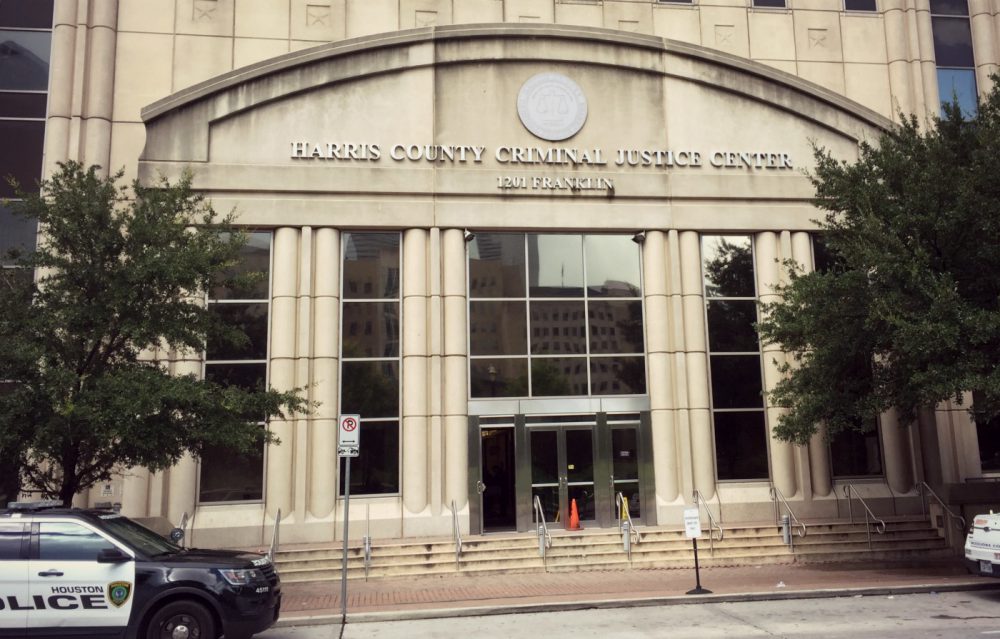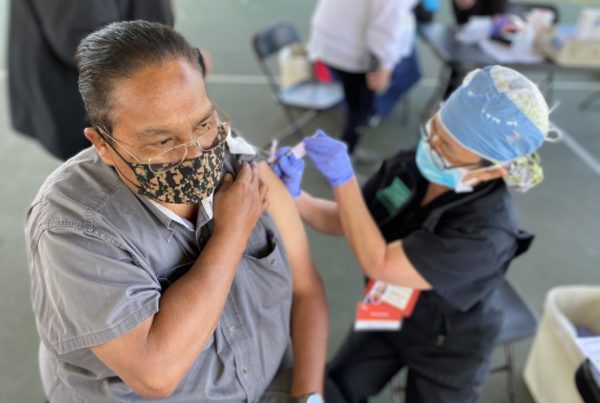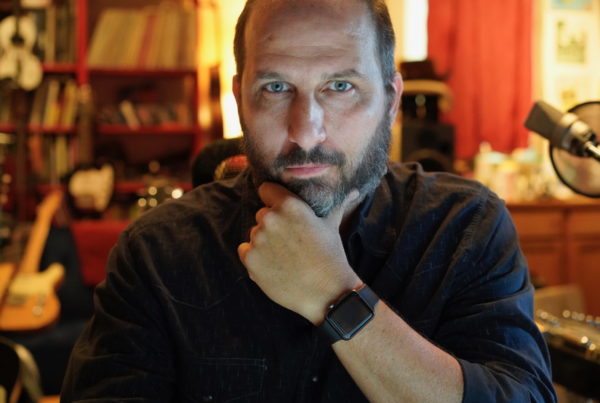It’s an issue that has been raised over and over again by critics of Harris County’s bail practices: people accused of violent offenses committing crimes while they’re out on bond.
But while many agree that there is a problem, not everyone agrees on how to address it.
At a committee hearing for Texas Senate Bill 21 last month, Harris County District Attorney Kim Ogg presented data showing that the number of defendants charged with new crimes while out on bond has gone up every year for the past five years.
The number of those accused of accused of a crime while out on two to four bonds quadrupled from 2016 to 2020, from 1,812 to 7,312.
SB21 would prohibit judges from giving low-cost or bonds to defendants who have previously violated bond conditions or who are accused of multiple crimes.
What everybody does seem to agree on is that Harris County’s misdemeanor bail reform is not to blame – even though it keeps coming up in the discussion.
Harris County is currently bound to the terms of a settlement from a case that found its use of misdemeanor cash bail unconstitutionally discriminated against people who couldn’t afford to pay. Since then, people accused of misdemeanors in Harris County are often let out of jail with no cash bail – so-called personal recognizance or PR bonds.
Studies have shown letting those accused of low-level crimes out of jail on low-cost or no-cash bail has not led to an increase in reoffenses.
At a recent Crime Stoppers news conference, the group’s victim services director Andy Kahan, said he agreed, and wanted to clear up any misconceptions on where they stand.
“Crime Stoppers supported misdemeanor bond reform wholeheartedly,” he said. “We have no issues with anybody being released on a PR or general order bond on misdemeanors.”
But Kahan did take issue with what he said was a growing number of people let out on low bail amounts for felonies, and criticized the Harris County Justice Administration Department for not including statistics on reoffenders in a presentation on felony bail practices.
JAD is tasked with identifying best practices to increase public safety while ensuring fairness and bringing down incarceration rates. Research policy analyst Colin Cepuran, who created the presentation and also testified against SB21, doesn’t dispute the data. But he said comparing the raw numbers from year to year can be misleading.
“It’s true that more defendants are receiving bonds and more defendants are receiving multiple bonds and more bonds are failing,” Cepuran said. “But that’s happening because more cases are being filed and thus more bonds are being issued.”
If you take that into account, he said, the rate hasn’t changed much.
Cepuran added that more defendants are receiving bonds for more than one crime.
“A defendant might receive a cash bond for an aggravated assault, but also receive a personal bond for the drugs found during the investigation for the assault,” Cepuran said. “In that circumstance, the defendant has to abide by the conditions of the cash bond, the more restrictive bond.”
SB21 also includes a requirement of judges to study a defendant’s criminal history before determining bail. Still, Cepuran said these kinds of bills do more harm than good, because they discriminate against poor defendants — in particular people of color — and work against bail reforms that seek to address the issue of overcrowding jails without harming public safety.
Then there’s a backlog of felony cases that has grown sharply since Hurricane Harvey hit the Houston area and damaged the criminal courthouses, leaving them closed for weeks. The problem has only worsened due to COVID-related closures.
That means more defendants are on bond for longer, which increases the likelihood of people violating their bond conditions, Cepuran said.
Crime Stoppers’ Kahan agreed that’s a problem. And he also agrees with the Justice Administration that the responsibility to stop the trend falls to individual Harris County judges.
“This is something that we’re seeing district court judges do on their own,” Kahan said. “They’ve kind of taken it upon themselves to kind of piggyback what’s happening in the misdemeanor courts to the felony courts.”
Kahan said that while SB21 isn’t perfect, he thinks it’s a good first step.
“It was basically,” he said, “in a proverbial war, the first shot to discuss the issue.”















